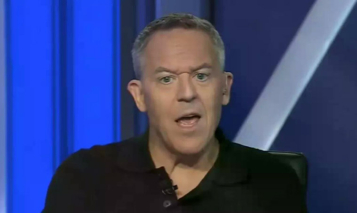
Rachel Dolezal is busy promoting her new book, In Full Color: Finding My Place in a Black and White World. In her memoir, which is scheduled for release on March 29, Dolezal describes her struggle living life as a woman suffering from transracial disorder.
In her book, Dolezal said she suffered abuse at the hands of her black husband. “I was too black for my African-American husband,” she wrote.
Dolezal was ousted as the director of the Spokane, Washington chapter of the NAACP in 2015 after she was exposed as a white woman passing as black.
Despite her Caucasian bio parents coming forward, Dolezal, 40, insisted she was black. She lost her job as a professor at a HBCU college, and she lost many of her black friends who defended her when rumors began to spread that she was a fraud.
“I was presented as a con and a fraud and a liar,’ Dolezal told The Associated Press. “I think some of the treatment was pretty cruel.”
She disappeared from the public eye last year to give birth to a baby boy. After being a stay-at-home mom, Dolezal attempted to return to the workforce. But there are few opportunities for women who suffer from a transracial mental disorder.
Dolezal sold some of her artwork and sold hair weave to make ends meet. She said she worried she would become homeless after the bank foreclosed on her home.
Dolezal is also mother to a 15-year-old son and an adopted 21-year-old son, who is a college student.
“I want to provide for my kids,” she said. “I want to get back to activism. I’m no less committed to that work.”
In October, Dolezal legally changed her name to Nkechi, short for Nkechinyere, a Nigerian name that means “what god has given” or “gift of god”. Her last name, Diallo, originates from the Fula tribe and it means “bold”.
“OK, I was born to white parents, but maybe I had an authentic black identity,” she says.
Like transgenderism and other mental disorders, there is no cure for transracialism.





